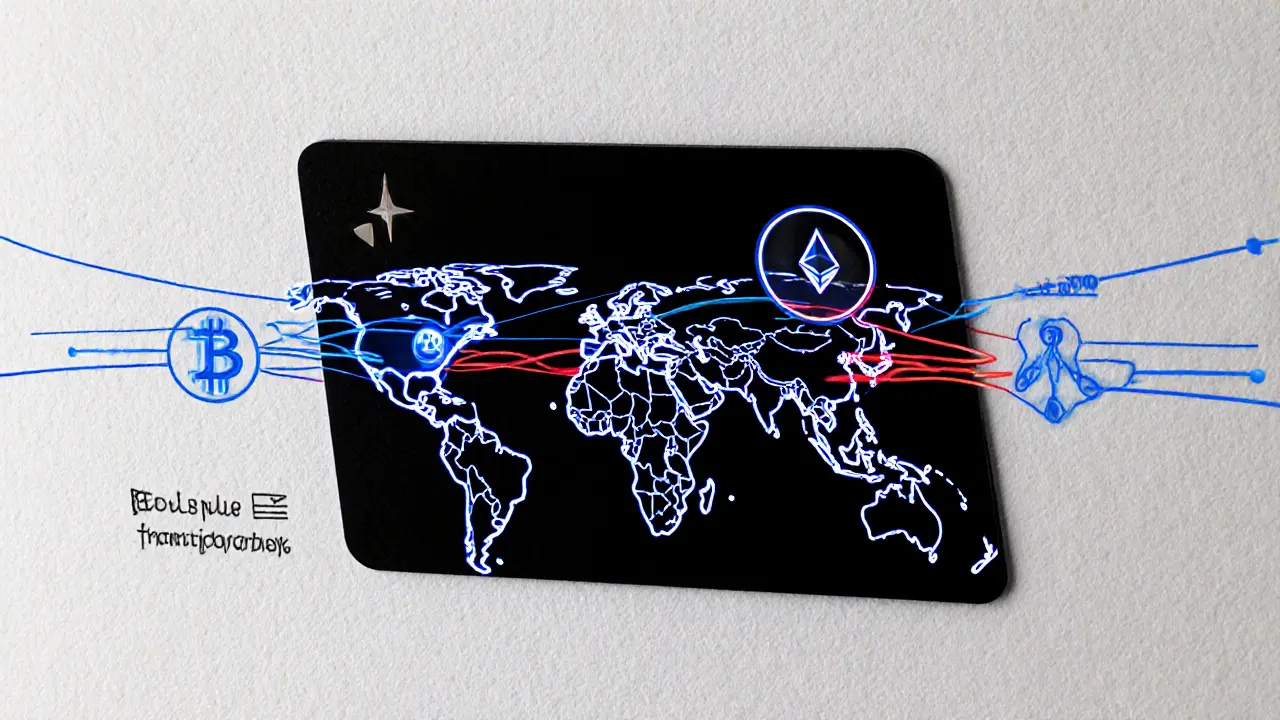Travel Rule in Crypto: What It Means for Exchanges and Users
When you send crypto, the Travel Rule, a global anti-money laundering requirement that forces crypto exchanges to share sender and receiver info on transactions over $1,000. Also known as FATF Recommendation 16, it’s not optional—it’s enforced in over 100 countries, including the U.S., EU, Japan, and Hong Kong. This rule wasn’t made to spy on users. It was made because criminals started using crypto to move stolen funds without a paper trail. Now, exchanges have to collect and pass along names, account numbers, and addresses—just like banks do with wire transfers.
The FATF, the Financial Action Task Force, an international body that sets global standards to fight financial crime created the Travel Rule to close the gap between traditional finance and crypto. Without it, crypto could become a free pass for money laundering. That’s why regulated exchanges like Asproex and WenX now require full KYC before you can trade. If you’re using a platform that doesn’t ask for your ID, it’s either not compliant—or not safe. The rule also impacts how airdrops and DeFi platforms operate. Projects like NFTP and YAE Cryptonovae that claim to give away free tokens? If they don’t verify users, they’re breaking the rule—and putting you at risk.
It’s not just about exchanges. The Travel Rule affects wallets, custodians, and even peer-to-peer trades. If you’re moving $1,500 in Bitcoin from Binance to a non-custodial wallet, the exchange must report it. If you’re using a DEX like WingRiders or Merchant Moe, the rule doesn’t apply directly—but if you later cash out to a regulated exchange, they’ll ask where the funds came from. That’s why some users get flagged even if they never broke any laws. The system isn’t perfect, but it’s here to stay. And as countries like Hong Kong roll out new crypto laws in 2025, compliance isn’t a feature—it’s the floor.
What does this mean for you? If you care about privacy, you’ll need to accept that large crypto transfers now leave a trace. If you care about security, you’ll want to use platforms that follow the rule—it means they’re vetted, monitored, and less likely to vanish overnight. The scams you see in posts about BFICGOLD or Negocie Coins often thrive in unregulated spaces. The Travel Rule doesn’t stop every scam, but it removes the hiding places.
Below, you’ll find real reviews and breakdowns of exchanges, scams, and regulations that show how the Travel Rule plays out in practice—from the platforms that got fined to the ones that vanished because they ignored it. This isn’t theory. It’s what’s happening right now.

How International Authorities Are Monitoring Cross-Border Crypto Transactions
International authorities are enforcing strict cross-border crypto monitoring to stop crime and sanctions evasion. Learn how the Travel Rule, FATF standards, and global cooperation are shaping crypto compliance in 2025.
